Interested in sense of self, autobiographical memory, dissociative experiences & FND.
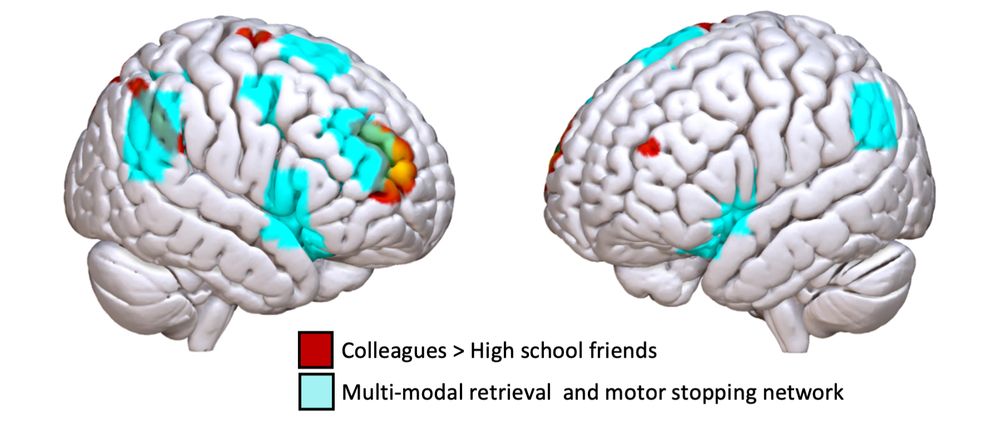
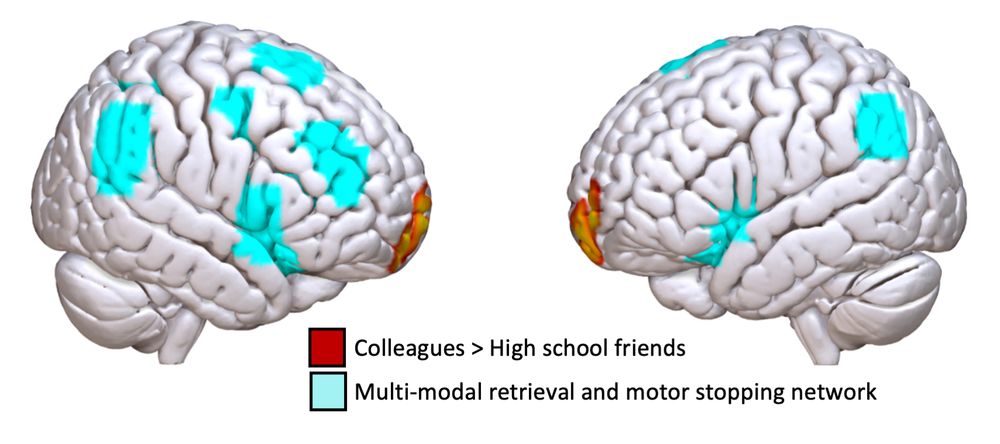
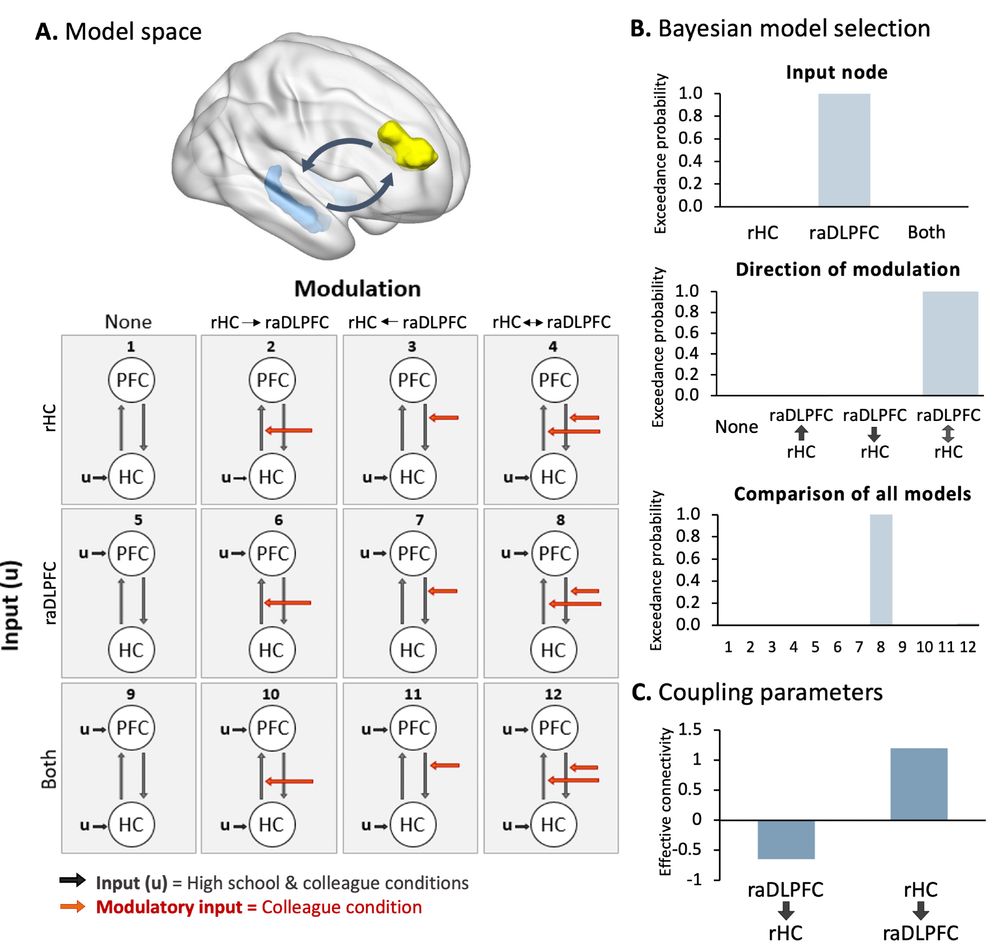
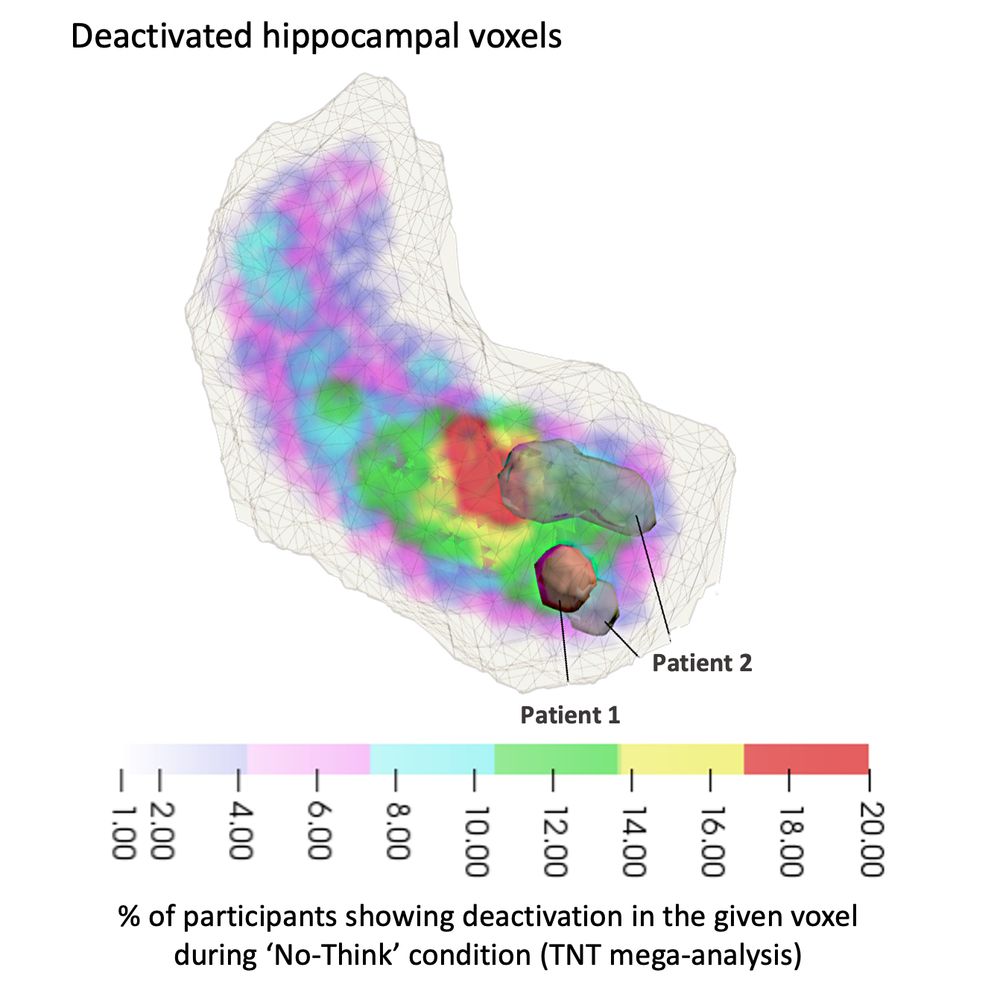
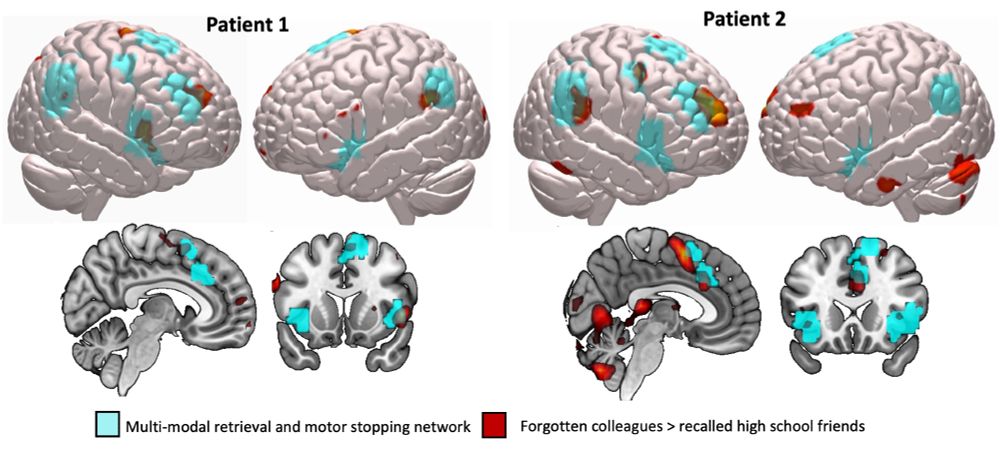
Participant 2 presented with a focal retrograde amnesia for the past 35 years of his life.
Participant 2 presented with a focal retrograde amnesia for the past 35 years of his life.

